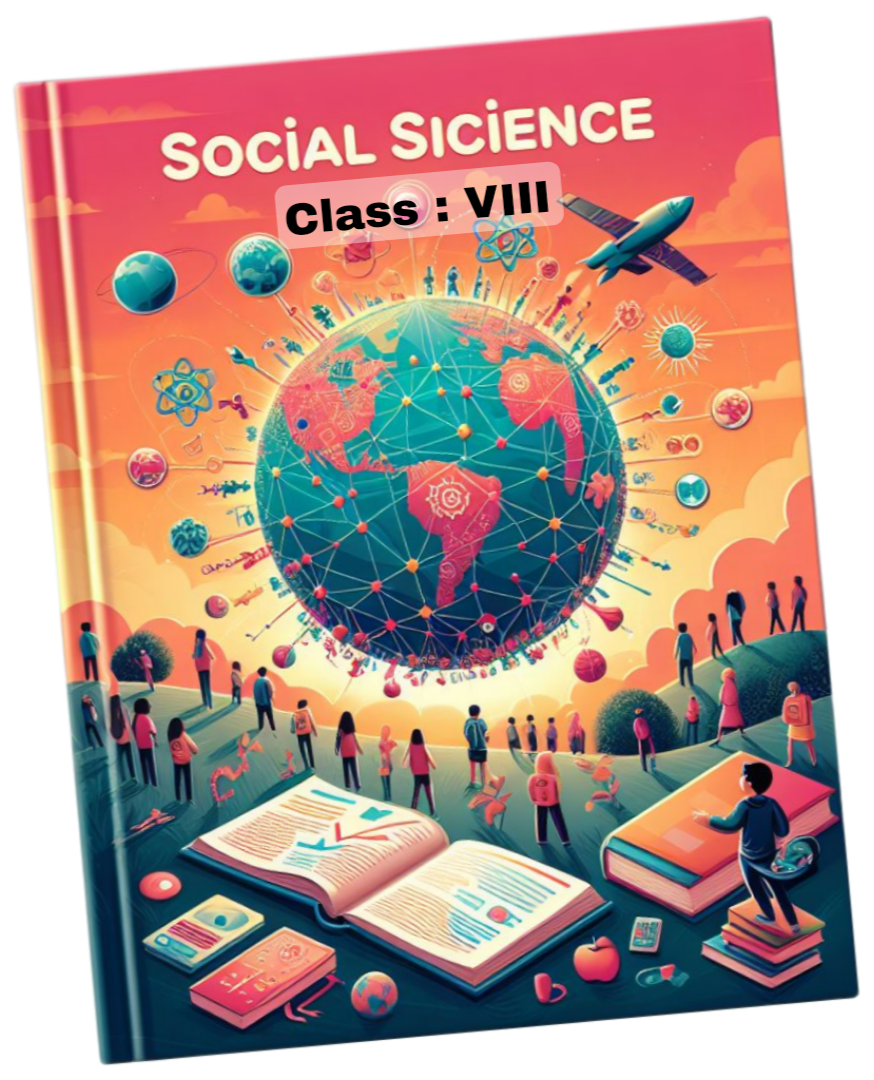Essay —1
Introduction :
COVID-19, caused by the coronavirus, emerged in December 2019 and quickly spread worldwide, causing widespread illness, death, and disruption.
Impact :
The virus spread rapidly, mainly through respiratory droplets, affecting millions globally. Health systems were overwhelmed, and the economy suffered due to lockdowns, business closures, and job losses. Vulnerable populations were most at risk.
Preventive Measures :
To curb the spread, countries implemented lockdowns, social distancing, and mask mandates. Vaccines were developed at an unprecedented pace, with campaigns launched to protect populations from severe illness and death.
Mental Health Effects :
The pandemic also impacted mental health, with many facing stress, anxiety, and isolation due to lockdowns and uncertainty.
Conclusion :
In conclusion, COVID-19 had a significant global impact, but the rapid development of vaccines and preventive measures brought hope. The pandemic underscored the importance of global cooperation and preparedness for future health crises.
Essay —2
Introduction :
COVID-19, caused by the novel coronavirus, became a global pandemic after it was first identified in Wuhan, China, in December 2019. The virus rapidly spread worldwide, leading to millions of infections and deaths, and causing significant disruption to daily life.
Impact of COVID-19 :
COVID-19 spread quickly through respiratory droplets, infecting millions of people. It had a severe impact on global health, overwhelming hospitals, and straining healthcare systems. Older adults and those with pre-existing health conditions were at higher risk of severe illness. The pandemic also led to widespread economic disruptions, with businesses closing, unemployment rising, and industries such as tourism suffering.
Preventive Measures and Vaccines :
To control the virus's spread, countries implemented lockdowns, travel restrictions, and social distancing measures. Masks became essential, and hand hygiene was emphasized. One of the key developments in fighting COVID-19 was the rapid creation of vaccines. By late 2020, vaccines like Pfizer-BioNTech, Moderna, and AstraZeneca were approved, and mass vaccination campaigns began around the world, helping to reduce severe cases and deaths.
Mental Health and Social Impact :
COVID-19 also took a toll on mental health, as people faced isolation, anxiety, and uncertainty. Social distancing and lockdowns led to increased stress, depression, and feelings of loneliness. Vulnerable communities struggled more due to limited access to healthcare and essential services.
Conclusion :
In conclusion, COVID-19 caused significant health, social, and economic challenges globally. However, through the development of vaccines and global cooperation, there has been hope for recovery. The pandemic has highlighted the need for preparedness and resilience in facing future global health crises.
Essay —3
Introduction :
COVID-19, caused by the novel coronavirus, is one of the most devastating pandemics in modern history. First detected in December 2019 in Wuhan, China, it rapidly spread across the globe, affecting millions of lives and disrupting economies, healthcare systems, and daily activities. In this essay, we will discuss the impact of COVID-19 on the world, the measures taken to control it, and its long-term effects.
The Spread and Impact of COVID-19 :
COVID-19 spread quickly due to its high transmissibility. It is primarily transmitted through respiratory droplets when an infected person coughs, sneezes, or talks. The virus affected millions of people worldwide, causing severe illness and death, especially among the elderly and those with underlying health conditions. Healthcare systems in many countries were overwhelmed with the rising number of cases, leading to shortages of medical supplies and healthcare workers.
The pandemic also had a profound impact on the global economy. Lockdowns and travel restrictions led to business closures, job losses, and disruptions in trade. Industries like tourism, hospitality, and retail were hit particularly hard, while others, like technology and e-commerce, saw growth due to increased demand for online services.
Preventive Measures and Vaccines :
To control the spread of the virus, governments around the world implemented various measures, including lockdowns, travel bans, social distancing, and mask mandates. These measures, although disruptive, were essential in slowing the transmission and protecting vulnerable populations.
One of the most significant achievements in the fight against COVID-19 was the rapid development of vaccines. By the end of 2020, several vaccines, such as those developed by Pfizer-BioNTech, Moderna, and AstraZeneca, were approved for emergency use. Vaccination campaigns were launched globally, offering hope for controlling the virus. While the rollout faced challenges, such as distribution delays and vaccine hesitancy, it played a crucial role in reducing severe cases and deaths.
The Mental Health and Social Impact :
Beyond its physical health effects, COVID-19 has taken a toll on mental health worldwide. Prolonged isolation, uncertainty, and fear of infection led to an increase in anxiety, depression, and other mental health disorders. Social distancing and lockdowns caused people to feel disconnected from loved ones, contributing to feelings of loneliness and stress.
The pandemic also exposed deep inequalities in society. Vulnerable communities, including low-income families and people in rural areas, faced greater challenges in accessing healthcare, education, and other essential services.
Conclusion :
In conclusion, COVID-19 has had a profound impact on the world, affecting public health, the economy, and daily life. The virus led to millions of deaths and caused widespread disruption, but the global response, including the development of vaccines, has helped mitigate its effects. While the pandemic is not over, the lessons learned from this crisis will shape future responses to global health emergencies. COVID-19 has shown the importance of preparedness, cooperation, and resilience in the face of global challenges. The road to recovery is long, but with continued efforts, the world will eventually overcome the crisis.

.jpg)
.jpg)













0 Comments